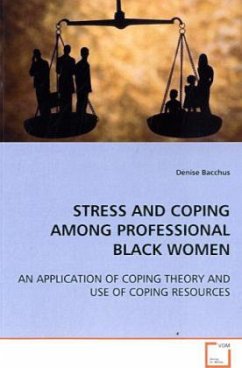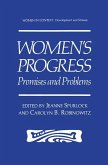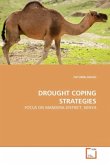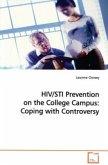Professional Black women s (PBW) experiences with
work-related stress are rooted in the social,
political, and economic context of the work
environment. Historically, this environment has been
characterized by blocked opportunities for mobility
along with intersection of race and gender
discrimination. The specific aims of this study were:
(1) to describe the coping responses of PBW using
Lazarus and Folkman s theoretical model for stress
and coping and (2) to describe the coping resources
PBW use in response to work-related stress. Study
findings did not support any of the hypotheses
related to the theoretical model. PBW were more
likely to use emotion-focused coping in response to
work-related stress. Engaging one s spiritual and/or
religious belief were theorized as an emotion focused
response to stress, however, among this sample,
practices such as praying or belief in God were
reported as a powerful problem focused coping
strategy. This book the intersection of gender, race,
and socio-economic class and how Black women cope
with work-related stress. Discussions include
implications for social work intervention,
anti-discrimination policy, social work education and
research.
work-related stress are rooted in the social,
political, and economic context of the work
environment. Historically, this environment has been
characterized by blocked opportunities for mobility
along with intersection of race and gender
discrimination. The specific aims of this study were:
(1) to describe the coping responses of PBW using
Lazarus and Folkman s theoretical model for stress
and coping and (2) to describe the coping resources
PBW use in response to work-related stress. Study
findings did not support any of the hypotheses
related to the theoretical model. PBW were more
likely to use emotion-focused coping in response to
work-related stress. Engaging one s spiritual and/or
religious belief were theorized as an emotion focused
response to stress, however, among this sample,
practices such as praying or belief in God were
reported as a powerful problem focused coping
strategy. This book the intersection of gender, race,
and socio-economic class and how Black women cope
with work-related stress. Discussions include
implications for social work intervention,
anti-discrimination policy, social work education and
research.








